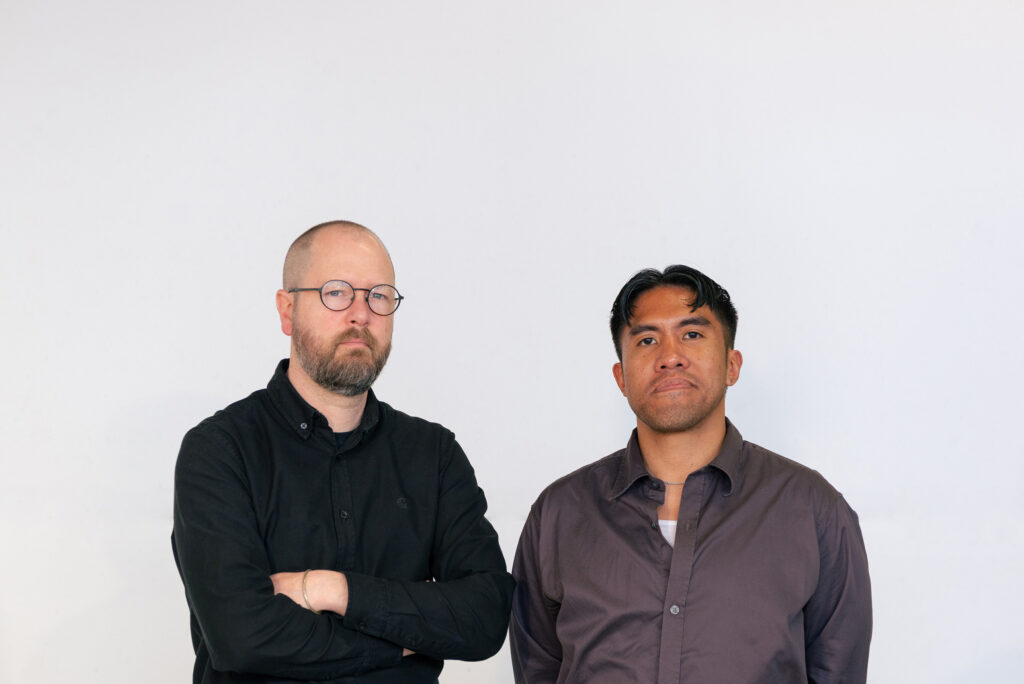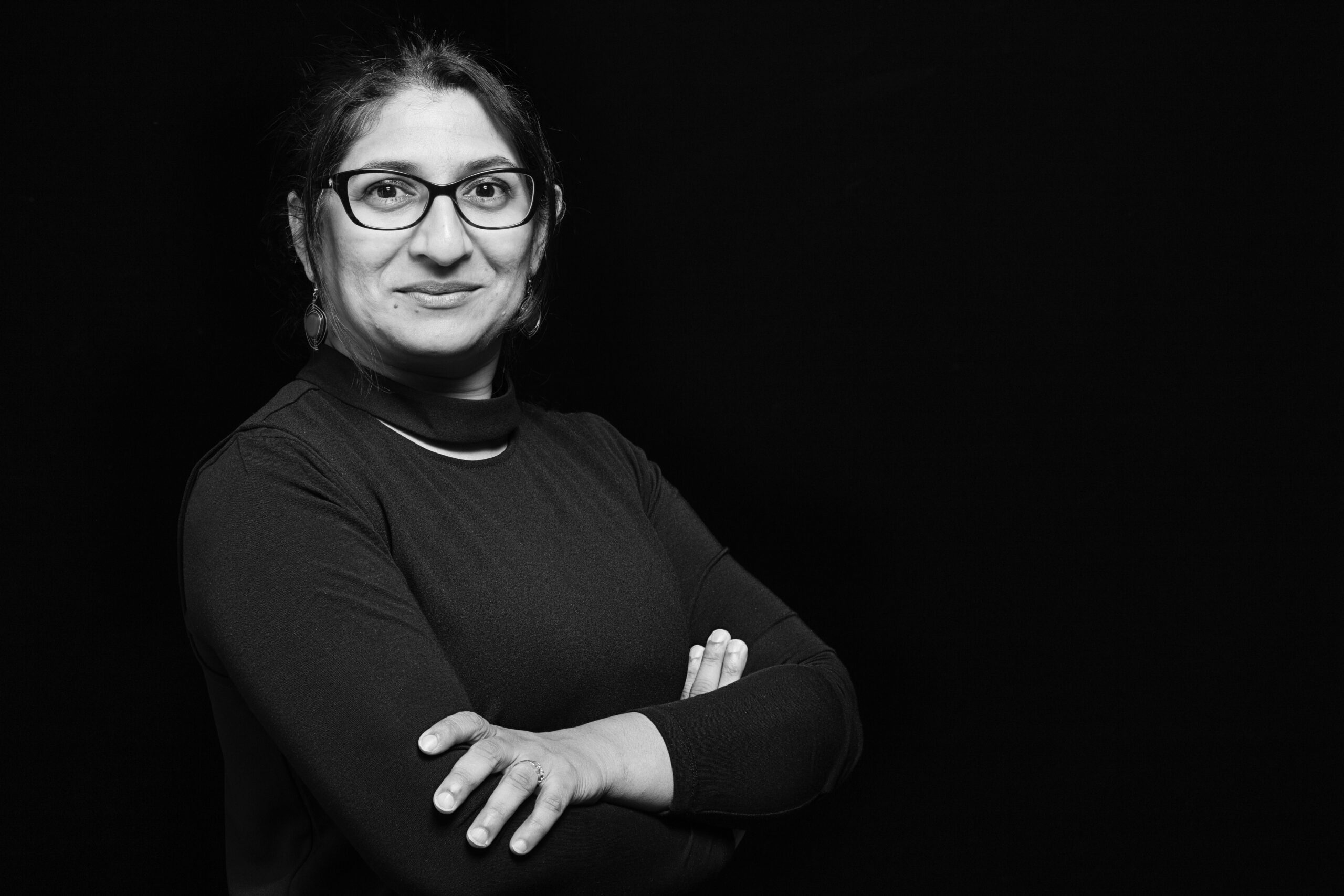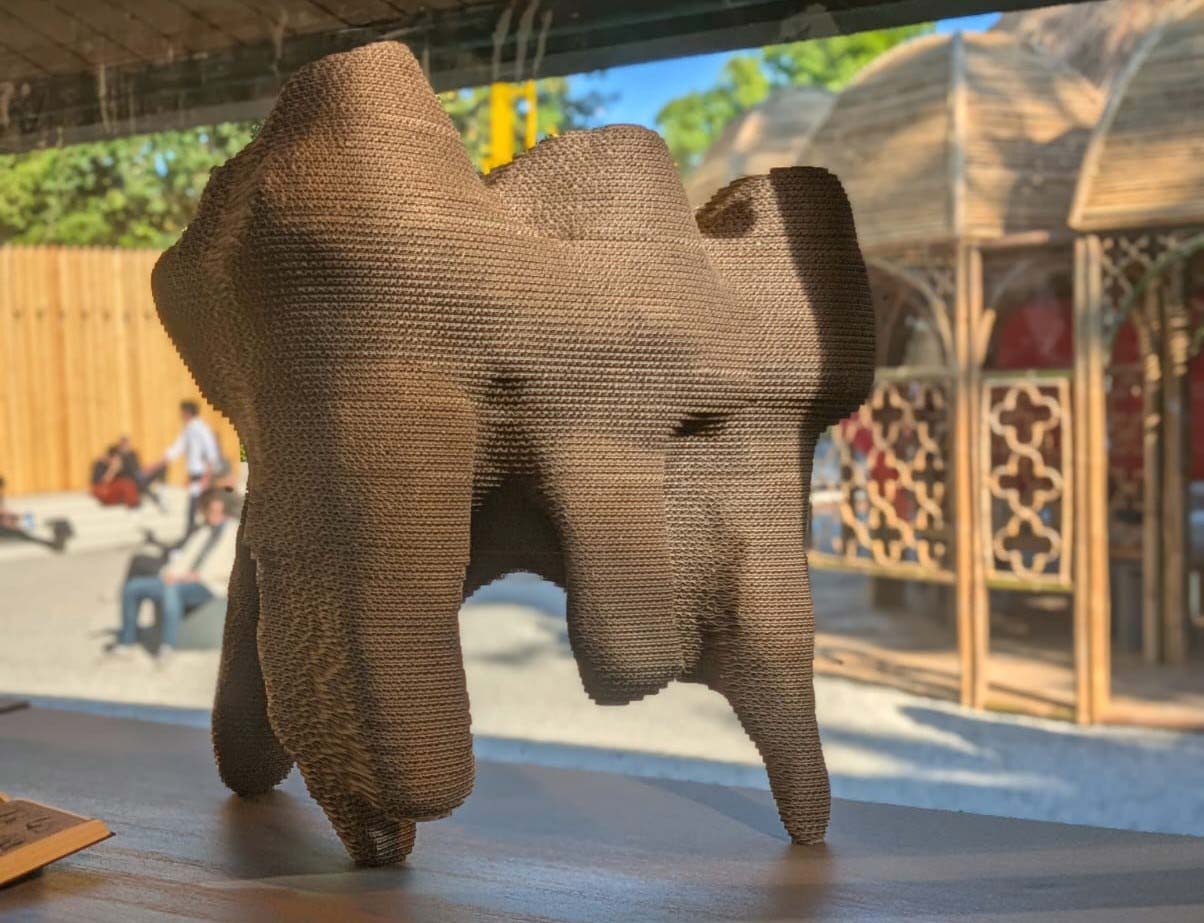
U-M Taubman College Faculty Headline Legat Architects’ Think Tank 2019: Megaregion
Four U-M Taubman College faculty figured prominently in the recent Think Tank 2019: Megaregion, hosted by Legat Architects and billed as an ideas exposition to identify and propose solutions to impediments to development that are defining the city of Chicago.
Doug Kelbaugh, professor of architecture and urban and regional planning, delivered a keynote address, “Urban Fix: City as Solution,” which drew from his new book, The Urban Fix: Resilient Cities in the War against Climate Change, Heat Islands and Overpopulation (Routledge, 2019). Kelbaugh addressed the role of cities in accelerating and exacerbating climate change and ways urban design, planning, and policies can create resilient urban areas.
María Arquero de Alarcón, an associate professor of architecture and urban and regional planning and the director of the master of the urban design program, gave a lecture, “The Contested Urbanisms of Abandonment.” She also participated in a panel discussing regional infrastructure as a response to climate change and displacement.
Kit McCullough, a lecturer in architecture, gave a lecture, “The Urbanism of New Mobility: How the Transportation Revolution Can Transform Chicagoland.” She also participated in a panel concerning the opportunities and challenges of public design as a public service, with Jen Maigret, an associate professor of architecture.
In addition, Maigret, who also is a principal of Ann Arbor-based PLY+ Architecture, delivered a lecture, “Hydrological Assets: Lessons from the Detroit River.”
The rise of the Chicagoland megaregion has been widely dissected in the fields of land use and infrastructure planning. Emerging technologies, cultural trends, and economic forces are encouraging us to think of Chicagoland not as a city surrounded by suburbs, but instead as one single, interconnected web of infrastructure, services, and opportunity. Think Tank 2019 invited participants to consider the state of the Midwestern megaregion centered on the Chicago node, examine the effects of growth on the city’s urban and suburban spaces, and propose alternative infrastructures for transit and connection that will shape the next thirty years. Categories of discussion were Housing and Homelessness, Rivers and Watersheds, Green Spaces, and Transportation and Mobility.









